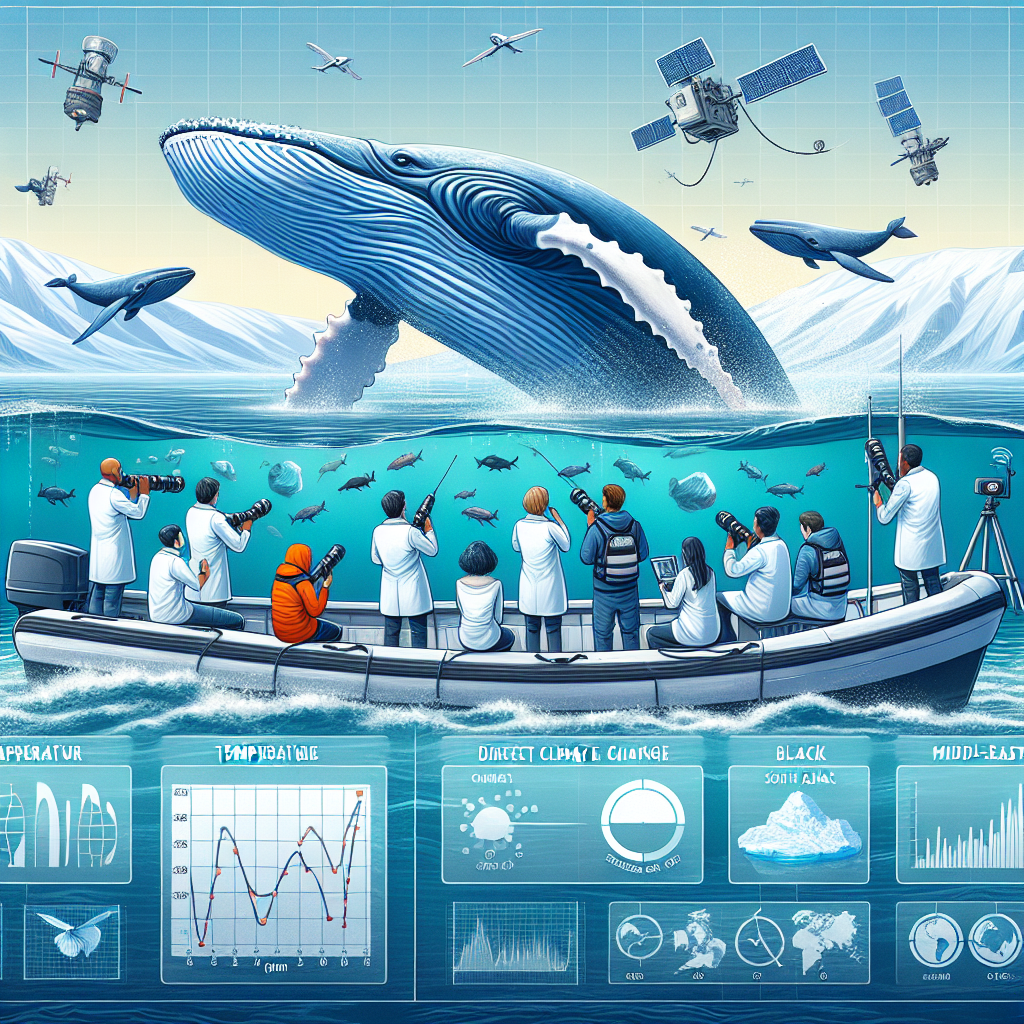How Whales Are Aiding in Climate Change Research
How Whales Are Aiding in Climate Change Research
The Role of Whales in Climate Science
Whales, the majestic giants of the ocean, are playing a surprising and crucial role in climate change research. Their unique behaviors and biological processes offer valuable insights into the health of marine ecosystems and the broader impacts of climate change.
Key Contributions of Whales
- Carbon Sequestration: Whales contribute to carbon sequestration through their massive bodies, which store carbon. When they die, their bodies sink to the ocean floor, effectively trapping carbon for centuries.
- Marine Ecosystem Health: By feeding on krill and small fish, whales help regulate the population of these species, maintaining a balanced ecosystem that supports diverse marine life.
- Nutrient Cycling: Whale feces are rich in nutrients like iron and nitrogen, which fertilize phytoplankton. These microscopic plants absorb carbon dioxide during photosynthesis, playing a critical role in carbon cycling.
Innovative Research Methods
Researchers are employing innovative methods to study whales and their impact on climate change:
- Tracking Movements: Satellite tags and drones are used to monitor whale movements and behaviors, providing data on their migration patterns and feeding habits.
- Analyzing Whale Songs: Acoustic monitoring helps scientists understand whale communication and social structures, which can be affected by changing ocean conditions.
- Studying Whale Feces: By analyzing whale feces, researchers gain insights into their diet and the nutrient content they contribute to the ocean.
Challenges and Future Directions
Despite their importance, whales face numerous threats from human activities, including ship strikes, entanglement in fishing gear, and climate change itself. Protecting these creatures is essential for maintaining their role in climate regulation.
Future research aims to deepen our understanding of how whales influence oceanic carbon cycles and to develop strategies for their conservation, ensuring they continue to aid in climate change mitigation.
Conclusion
Whales are more than just awe-inspiring creatures; they are vital allies in the fight against climate change. By understanding and protecting these marine giants, we can harness their natural processes to help mitigate the impacts of climate change and preserve the health of our oceans.


















